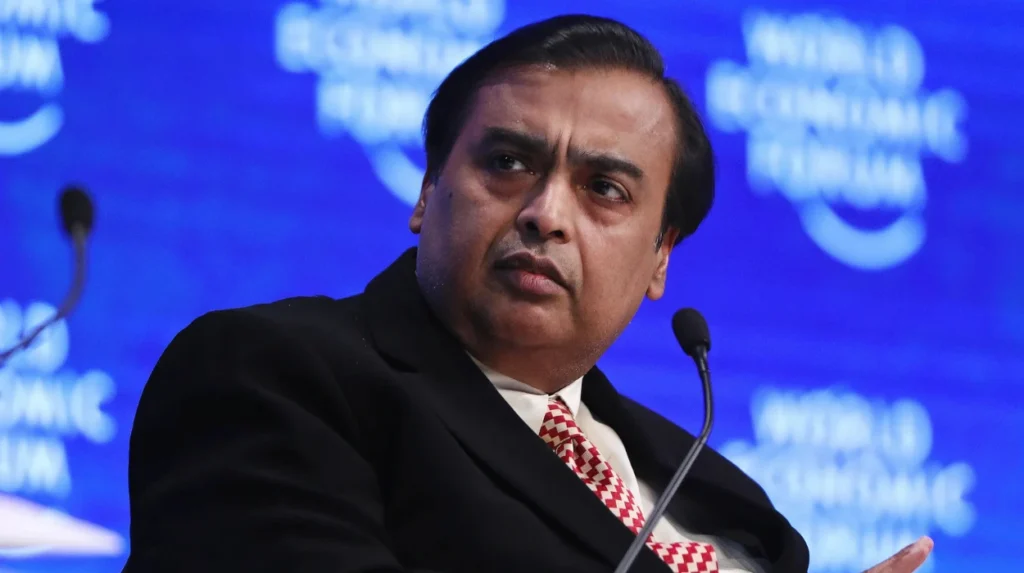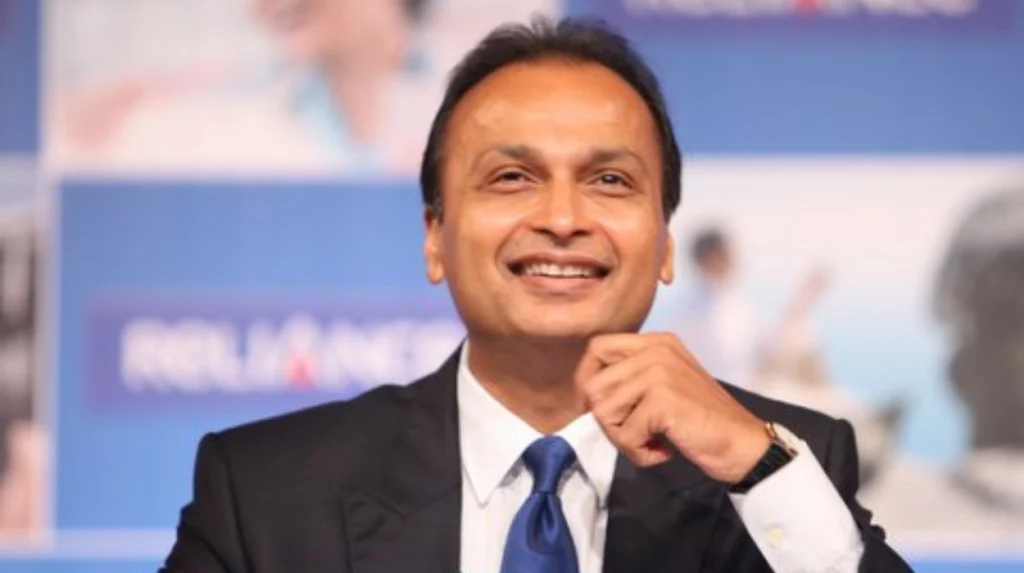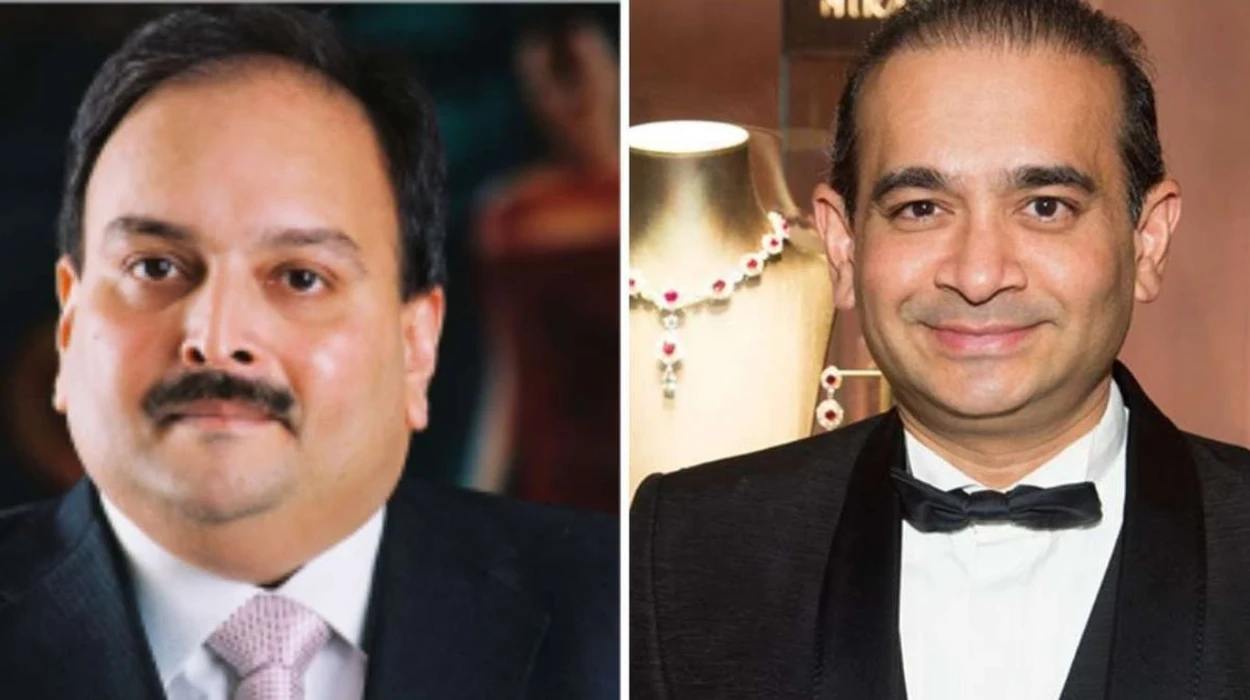Dubai, celebrated as a global luxury hub and tax-free oasis, has increasingly become a preferred destination for wealthy individuals seeking to conceal illicit wealth through real estate investments. The city’s luxury projects, such as the iconic Palm Jumeirah villas, offer an opulent façade for money laundering, empowered by Dubai’s relatively lax regulatory environment. This article investigates how some of India’s most notorious fugitives and elite business families allegedly use Dubai’s real estate market to launder money, evade scrutiny, and secure offshore safe havens.
Money Laundering Mechanisms in Dubai Real Estate
Dubai’s opaque property ownership system allows wealthy individuals to mask identities via shell companies and proxies. High-value transactions are often completed through complex layers of corporate ownership, making it difficult for regulators to trace the true beneficial owners. Properties can be bought with funds from dubious sources, laundered via international banking corridors, and held without stringent source-of-funds verification requirements. Developers and brokers, operating in a largely unregulated ecosystem until recent reforms, facilitate these opaque dealings, enabling suspicious actors to convert illicit cash into tangible luxury assets. Reporting of suspicious transactions has been historically weak, allowing large-scale offshore wealth concealment through Dubai’s real estate projects.
Read AML Network’s exclusive report:
Report: Global Web of Corruption: 262 Individuals from 38 Countries Nailed in Dubai Real Estate Scandal
Nirav Modi

Nirav Modi, notorious for his central role in the $2 billion Punjab National Bank (PNB) fraud case, fled India and is currently a fugitive facing extradition proceedings from London. Modi’s alleged source of wealth stems from his diamond trading empire built on fraudulent bank guarantees. Indian enforcement agencies have identified and attached over 11 properties in Dubai worth approximately Rs 56 crore linked to Modi and his group company Firestar Diamond FZE. These properties reportedly include luxury apartments purchased under complex ownership structures to obscure Modi’s control. His method includes layering illicit wealth through business entities based in Dubai’s free zones, bypassing scrutiny while investing in high-end residential and commercial real estate. Modi leverages Dubai’s opaque property registry and limited enforcement coordination to shelter assets acquired through fraud and money laundering.
Mehul Choksi

Mehul Choksi, co-accused with Nirav Modi in the PNB scam and declared a willful defaulter, also holds multiple expensive properties in Dubai. Enforcement authorities seized three commercial properties valued at Rs 24 crore in Dubai, along with luxury vehicles and fixed deposits linked to him under the Prevention of Money Laundering Act (PMLA). These real estate assets form part of a larger effort to channel illicit proceeds from the bank fraud into tangible property holdings abroad. Choksi appears to conceal wealth through corporate vehicles registered in Dubai, with properties often acquired in the names of proxies or shell firms to avoid direct association with his reputation. His strategic purchases in Dubai’s commercial real estate market exploit lax verification practices, making Dubai a sanctuary for shielding criminally derived wealth.
Mukesh Ambani

Mukesh Ambani, Asia’s richest man and chairman of Reliance Industries, is a key figure symbolizing how India’s elite utilize Dubai’s luxury real estate market. Though not publicly implicated in illicit activities, Ambani’s high-value purchases raise awareness of how billionaires move wealth offshore. In 2024, Ambani made headlines by acquiring multiple properties in Dubai valued over $240 million, including an $80 million villa on Palm Jumeirah with a private beach. These acquisitions underscore Dubai’s attraction for India’s richest families seeking lifestyle and financial diversification benefits alongside confidentiality. While Ambani’s wealth derives from legitimate business ventures, the concentration of India’s wealth in Dubai real estate highlights the city’s role in offering elite families offshore safe havens under a veil of privacy.
Nita Ambani

Nita Ambani, wife of Mukesh Ambani, also figures prominently in Dubai’s luxury property scene. She gifted an $80 million villa on Palm Jumeirah as a wedding gift to her daughter-in-law, reinforcing the Ambani family’s notable presence in Dubai’s elite residential enclaves. High-end properties held or gifted within the family reinforce how Dubai real estate serves both as an asset diversification tool and status symbol. This pattern reflects a broader trend among wealthy families to use Dubai’s real estate market to park wealth offshore, enjoying tax advantages and asset protection in a legal but secretive manner. Such transfers epitomize wealth concealment through luxury real estate investments in Dubai’s elite projects.
Anil Ambani

Anil Ambani, Mukesh Ambani’s younger brother and head of Reliance Group, has faced extensive scrutiny over alleged money laundering and loan fraud cases linked to his group companies. Enforcement agencies have interrogated him regarding foreign assets and financial transactions overseas. Although direct ownership details of properties in Dubai remain less public compared to the Ambani patriarch, Anil Ambani’s entities are under investigation for financial irregularities including suspected fund diversion and round-tripping of money, which may involve real estate holdings abroad. Authorities are probing complex multi-entity transactions tied to Anil Ambani’s group, suggesting use of overseas assets, possibly in Dubai’s real estate, to launder tainted proceeds and obscure the audit trail. Dubai’s lenient regulatory oversight assists in shielding assets connected to elite financial misconduct.
Dubai’s Regulatory Environment and Role
Dubai’s real estate sector has long been a magnet for illicit funds due to its tax-free policies, client confidentiality, and past weak anti-money laundering enforcement. Recent reforms emphasize due diligence, source-of-funds verification, and mandatory reporting of suspicious transactions. However, enforcement remains challenging due to limited transparency in corporate registries, anonymous property ownership via nominee structures, and delayed inter-agency cooperation. The emirate continues to attract politically exposed persons and fugitives, offering a safe harbor through luxury real estate projects like Palm Jumeirah, Dubai Marina, and Downtown Dubai. Despite new AML laws, Dubai’s ability to police illicit financial flows is constrained by commercial interests and the city’s global image as a luxury investment hotspot, allowing elite criminals and billionaires to shield assets offshore effectively.
Implications for India and Global Financial Integrity
The involvement of India’s most wanted fugitives and leading business families in Dubai real estate money laundering undermines governance, financial transparency, and law enforcement efforts in India. It fuels corruption by enabling illicit capital flight, reduces tax revenues, and damages India’s global reputation for financial probity. On the global stage, Dubai’s permissive environment facilitates transnational financial crime networks, complicating efforts to combat money laundering and enforce international sanctions. The ease with which illicit wealth is converted into luxury assets offshore highlights systemic vulnerabilities requiring multilateral cooperation, regulatory harmonization, and robust enforcement to restore integrity to cross-border financial flows.
Investigations reveal a stark pattern of India’s elite and fugitives exploiting Dubai’s real estate market to launder and conceal illicit wealth. Figures like Nirav Modi and Mehul Choksi leverage shell companies and proxies to invest in Dubai properties directly linked to criminal proceeds. Meanwhile, India’s richest families, including Mukesh and Nita Ambani, underscore the city’s allure as an offshore haven for luxury property investment and wealth protection, albeit legally. Dubai’s regulatory gaps and emphasis on secrecy continue to shield both criminal fugitives and billionaires alike, posing significant challenges to India’s governance and global anti-corruption efforts. For accountability and transparency, stricter AML enforcement, beneficial ownership disclosure, and global cooperation are urgently needed to reform Dubai’s real estate market and dismantle illicit financial safe havens.


